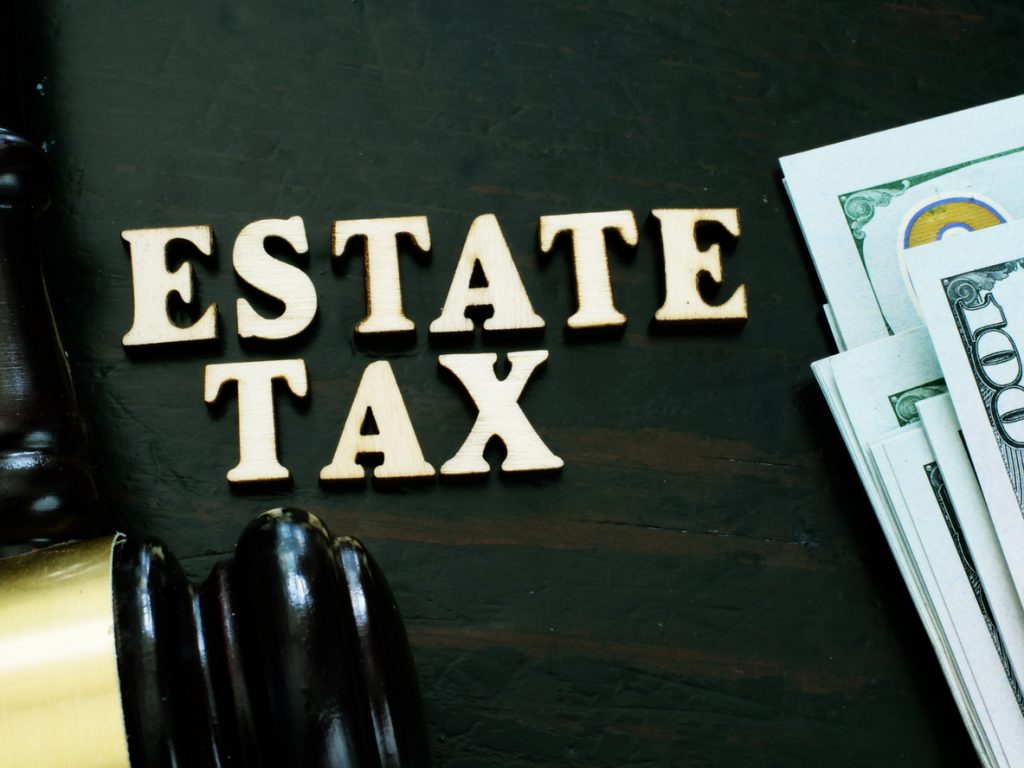One area where retirees or people planning for retirement often pay too little attention is tax strategy and planning. The fact is, you can’t control the markets or inflation, but you can control how and when much of your taxes are paid when you or your spouse passes away.
Technically there is no estate tax in Canada but, for all practical purposes, the income tax your estate has to pay when you die can be unnecessarily high without some smart planning.
The way I see it, there are at least four ways to minimize your estate’s taxes for the next generation:
#1 Spread your taxable income evenly throughout retirement
Let me offer an example. Upon your death, if your spouse is still alive, your RRIF and other investments will likely transfer to them, tax free. So far, so good. But, when they pass on and the RRIF and investments automatically collapse, much of those funds will get dinged at the top marginal tax rate. In Ontario, that’s almost 54%. Think about it: we often worry about the effect one or two percent on mutual fund asset management fees have on our investment returns but, when it comes to the taxes your estate pays when you pass away, around half of your retirement savings could end up going to the government.
The solution is surprisingly simple: trigger taxable activity on your RRIF through a series of early withdrawals at a lower tax rate – you’re likely managing other personal income in retirement so that tax rate could be quite low – or take advantage of capital gains on your other investments while you can.
#2 Invest conservatively in your RRSP
Every properly constructed portfolio contains a mix of lower return stable assets (i.e. bonds and cash) and higher return riskier assets (i.e. equities). When possible, it makes more sense to weigh your RRSP investments in favour of the lower expected return assets.
Here’s the thinking: When you retire, you want to ensure your RRIF provides you with steady monthly income that isn’t negatively affected by potentially volatile markets. But because the pool of money in your RRSP grows more slowly with conservative investments, the tax hit on those funds when you pass away and your RRIF collapses will also be lower.
#3 Maximize your TFSA
The opposite is true about the investments you make in your Tax Free Savings Account (TFSA). Far too often, I see new clients keeping tens of thousands of dollars sitting in their TFSA earning 1% or less.
But here’s the flipside to the last point: Your equity investments, while sometimes more risky, also have higher expected returns than fixed income savings so it makes sense to favour your TFSA and non-registered accounts with investments that have the potential for higher growth.
A TFSA is one of the few absolute tax shelters that exists – whatever returns you make in the account will never be subject to income tax. Put simply, it’s the freest money you’ll ever make, so make it work to your advantage.
#4 Consider life insurance
A permanent life insurance policy can help your estate reduce taxes in two ways.
First, funds you currently have in your investment account that are taxable when you pass away or that are subject to capital gains can bypass that tax through the purchase of life insurance. That’s because that tax-sheltered money moves from your taxable or capital gains pile to your tax free death benefit pile, where it provides immediate liquidity for the beneficiary when you die.
And second, that life insurance death benefit they receive is always tax free.
If you’d like to discuss how any of these tax-saving investment options can be put to good use for your retirement and estate planning, please don’t hesitate to reach out to me at any time.

